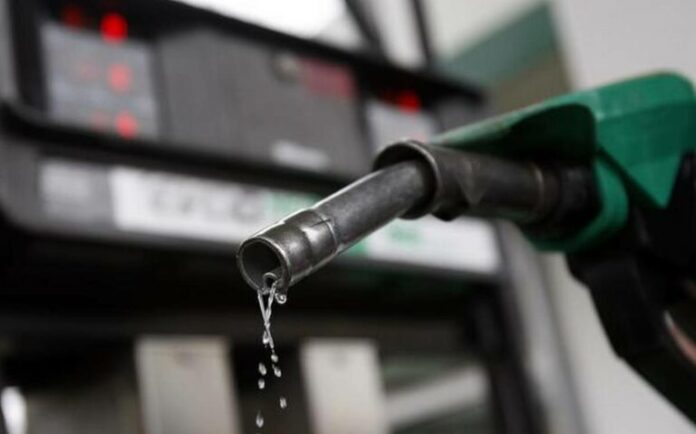Marketers predict fuel price drop as Warri refinery resumes production
Excitement filled the air on Monday as the Warri Refining and Petrochemical Company (WRPC) resumed partial production after nearly a decade of inactivity.
According to the Nigerian National Petroleum Company Limited (NNPCL), the refinery is now operating at 60% capacity, refining 125,000 barrels of crude oil daily.
This development comes shortly after the 60,000-barrel-per-day Port Harcourt Refinery restarted operations, further enhancing Nigeria’s local refining capacity.
Inactive since 2015 due to prolonged repairs, the Warri Refinery recommenced operations last Saturday at its Area 1 plant, with crude oil successfully pumped into the system. NNPCL Group Chief Executive Officer, Mele Kyari, confirmed the development during a facility tour on Monday.
READ ALSO: Warri Refinery resumes operations
Kyari noted that while the repairs are not fully completed, the refinery’s resumption demonstrates progress in Nigeria’s quest for self-sufficiency in refining.
“This plant is running. Although it is not 100% complete, operations have commenced. Many people think real progress isn’t possible in this country, but this is proof it is,” Kyari stated in a video shared by Channels TV.
The refinery’s revival has sparked optimism among industry players. Major Energy Marketers’ Association of Nigeria (MEMAN) and Independent Petroleum Marketers Association of Nigeria (IPMAN) predict increased competition in the market, diversified supply chains, and a potential reduction in petrol prices.
MEMAN Executive Secretary Clem Isong highlighted the strategic importance of the Warri Refinery, describing it as the shortest route to Northern Nigeria.
“Competition in the market is always beneficial, ensuring consumers get the best prices,” Isong said.
IPMAN’s National Public Relations Officer, Alhaji Olanrewaju Okanlawon, echoed these sentiments, adding that excess supply would naturally lead to lower prices and ease congestion in Lagos.
Energy analyst Dr. Ayodele Oni lauded the development as a boost to Nigeria’s refining capacity and an opportunity to add value to the country’s crude resources.
“With more refining, Nigeria can reduce dependence on imports and even sell refined products to neighbouring countries. This is a significant step towards economic transformation,” Oni remarked.
Follow the Neptune Prime channel on WhatsApp:
Do you have breaking news, interview request, opinion, suggestion, or want your event covered? Email us at neptuneprime2233@gmail.com





